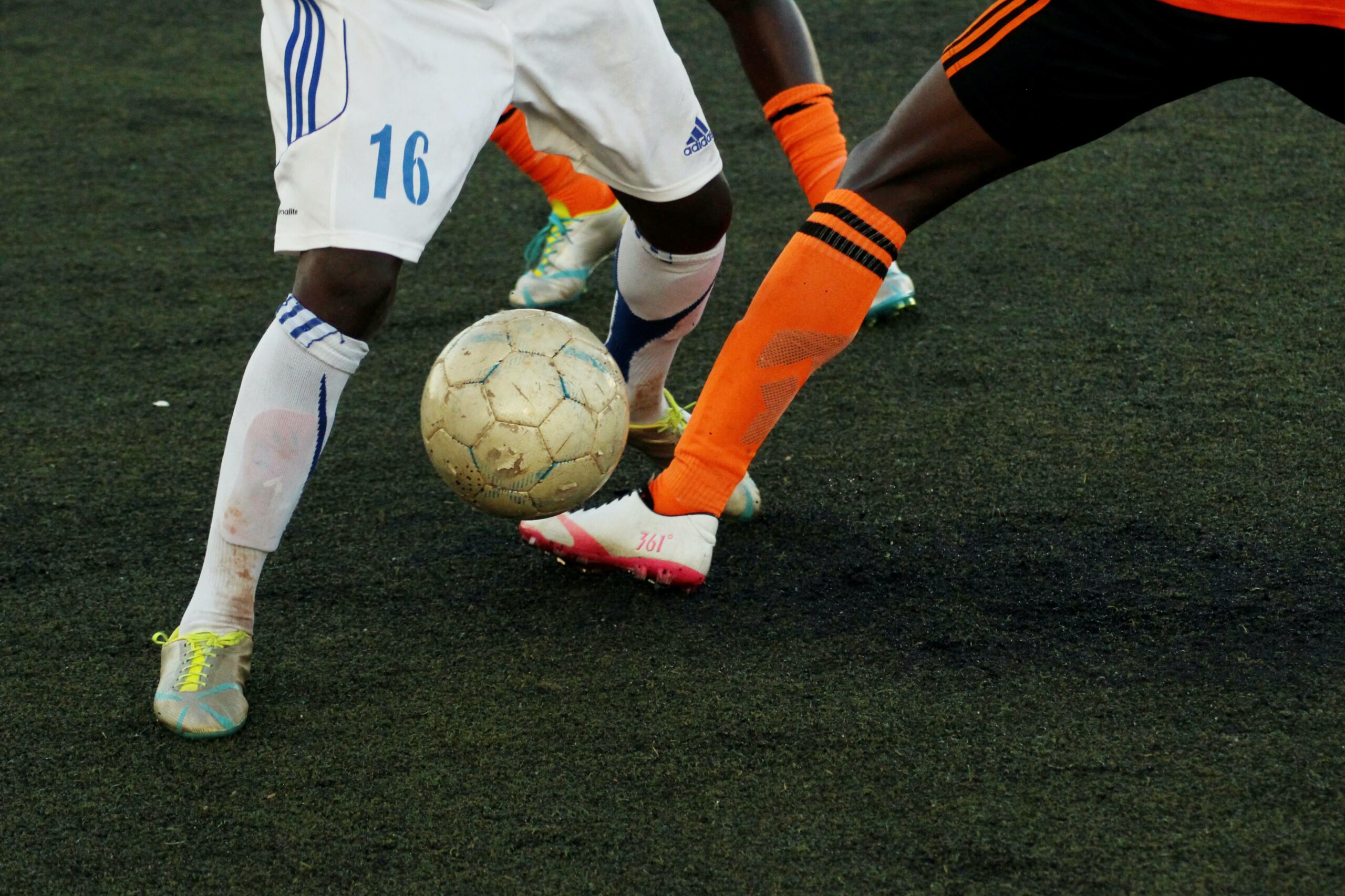Testicular trauma refers to injuries or damage to the testicles, which are responsible for producing sperm and testosterone. Testicles are vulnerable to external forces due to their location outside the body, and trauma can occur as a result of accidents, sports injuries, or other physical impacts. One of the major concerns associated with testicular trauma is its potential impact on fertility. In this blog post, we will explore the effects of testicular trauma on male fertility and discuss the factors that influence the extent of these effects.
Understanding Testicular Trauma
Testicular trauma can range from mild contusions to severe injuries, including fractures or ruptures. Common causes of testicular trauma include direct blows, crush injuries, falls, and sports-related accidents. The severity of trauma and the resulting damage to the testicles can vary widely, affecting fertility outcomes differently.
The testicles are composed of various structures, including seminiferous tubules, where sperm production takes place, and Leydig cells, which are responsible for testosterone production. Trauma can disrupt the delicate balance of these structures and interfere with the normal functioning of the testicles.
Impact on Sperm Production
Testicular trauma can affect sperm production, leading to reduced sperm quality or quantity. The severity of the trauma and the specific structures affected determine the extent of the impact. In mild cases, where there is no structural damage to the testicles, sperm production may return to normal over time. However, more severe trauma, such as fractures or ruptures, can cause permanent damage to the testicles and result in decreased sperm production.
In cases where sperm production is affected, it can lead to various fertility issues. Low sperm count, reduced sperm motility, and abnormal sperm morphology are common outcomes of testicular trauma. These factors can significantly decrease the chances of natural conception and may necessitate assisted reproductive techniques, such as in vitro fertilisation (IVF) or intracytoplasmic sperm injection (ICSI), to achieve pregnancy.
Effects on Hormonal Balance
Apart from sperm production, testicular trauma can also disrupt hormonal balance. Leydig cells, responsible for testosterone production, can be damaged as a result of trauma, leading to reduced testosterone levels. Testosterone is crucial for maintaining male reproductive health and secondary sexual characteristics. Low testosterone levels can impact libido, erectile function, and overall reproductive health.
Treatment and Recovery
The treatment and recovery process for testicular trauma depends on the severity of the injury. Mild cases may require only conservative management, including pain management and rest. However, more severe cases, such as testicular fractures or ruptures, may require surgical intervention. In some cases, surgical exploration may be necessary to repair the damaged testicle or remove a severely injured testicle.
Recovery time varies depending on the extent of the injury and individual factors. It is essential for individuals who have experienced testicular trauma to consult with a healthcare professional, such as a urologist, who can provide appropriate guidance and monitoring throughout the recovery process. Follow-up semen analysis may be necessary to assess fertility potential and determine the need for additional fertility treatments.
The Take Away
Testicular trauma can have a significant impact on male fertility. While the extent of the effects varies depending on the severity of the trauma, it is important to recognise that even mild trauma can disrupt sperm production and hormonal balance. Seeking timely medical attention and appropriate treatment is crucial for optimising recovery and preserving fertility. Consulting with a healthcare professional will help determine the best course of action, and fertility options like assisted reproductive techniques may be necessary to achieve pregnancy in cases where natural conception is compromised.


 71–75 Shelton Street, Covent Garden, London, WC2H 9JQ
71–75 Shelton Street, Covent Garden, London, WC2H 9JQ +44 (0) 20 3376 1032
+44 (0) 20 3376 1032



